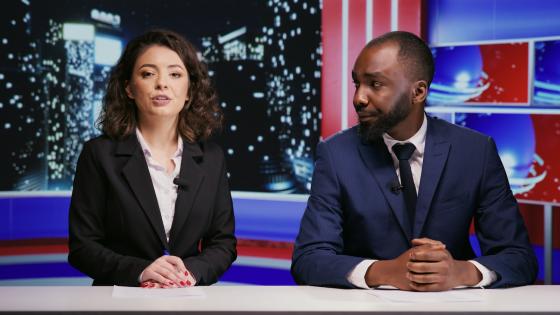DP11875 Media Capture through Favor Exchange
We uncover the full circle of favors leading to media capture in Hungary. We first document favors from politicians to the media. Exploiting changes in government and media ownership, we show that under right-wing---but not left-wing---governments, state-owned firms heavily tilted advertising to connected newspapers and billboards, relative to the advertising composition of private firms or circulation shares. We then document two forms of media bias as return favors. We show that the connected newspaper had lower corruption coverage than the opposition newspaper before, but not after, a public breakdown in its relationship to the politician which also lead to the termination of advertising favors. And we show that billboard companies, after they became right-connected, selectively hosted the political campaigns of the right-wing party. Using a structural model we infer the welfare cost of advertising misallocation to be a third of the advertising budget, and estimate that each dollar spent on media capture cost 1.9 dollars to taxpayers. Our results suggest that the mechanism underlying media capture was a misallocation-inducing relational contract.


